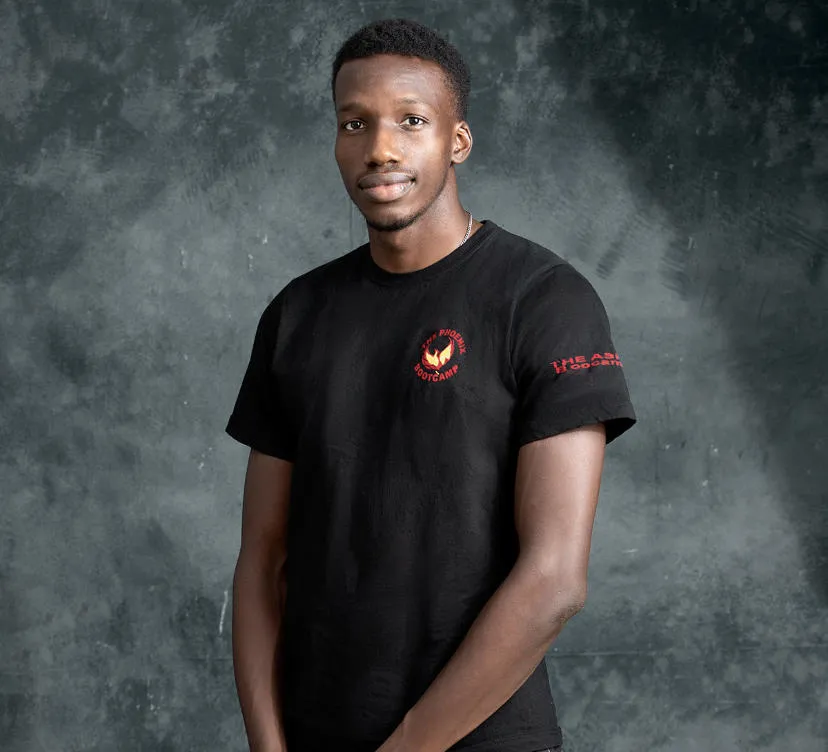This is a recording of the Tissue Engineering & Innovation Technology session from Postgraduate Virtual Open Week 2025. Please note that captions are auto-generated.
This MRes in Tissue Engineering & Innovation Technology will give you a deep understanding of one of the most significant and relevant areas of biomedical and translational research, including new therapeutic applications.
You’ll develop scientific research skills in the field of tissue engineering, including strategies to develop and evaluate biomaterials, cell-biomaterial interaction and imaging modalities.
The course is predominantly research-oriented and includes journal club presentations and critical reviews. You’ll also be taught about stem cells, scaffolds for tissue engineering, cell-material interaction and design strategies for future developments. Furthermore, you’ll get to explore state-of-the-art research activities and techniques in the field.
You’ll also learn about the pathway to licensing and commercialisation of medical devices, with a unique module on innovation technology. You’ll cover regulatory requirements and processes, product design, IP and business/marketing requirements.
A significant part of this Tissue Engineering and Innovation Technology MRes will see you undertake your own laboratory-based research project, supervised by an academic member of staff. This will help you gain insight into research methodologies and acquire valuable laboratory experience. This level of research training and skills development will provide a firm foundation to pursue a PhD or a career in industry.
A wide range of projects are available in this programme that range from biomaterials, cell-material interaction, tissue repair & regeneration, imaging modalities, AI, stem cell biology, and some selected ongoing projects are listed below:
- Scaffolds for bone regeneration in osseous defects
- Development of deep Learning-enabled Raman microfluidic cell sorting
- Development of novel widefield imaging modalities for enhancing intervention in twin-to-twin transfusion syndrome
- Synthetic nanocomposite hydrogel wound dressings
- The impact of exosome delivery dynamics on vascular regeneration
- A Micropatterning Assay for Measuring Cell Chirality as a Novel Measure for Cytotoxicity
- Comparative proteomic and component analysis of decellularised extracellular matrix from various cell types
- Impact of Iron Oxide nanoparticle concentration on Ferritin, Transferrin and TFr1 expression with mono and co-cultures of Osteogenic, Angiogenic cells and monocytes
- Looking to nature for trace element-enriched dental materials
- Dental equipment recognition using artificial intelligence
- Understanding how forces drive migrating cancer cell clusters
- Desensitizing agents for treatment of dentine hypersensitivity
- Development of Gene-Activated Matrices for Osteochondral Tissue Regeneration
- Engineering reptilian enamel – a new approach to tooth repair



